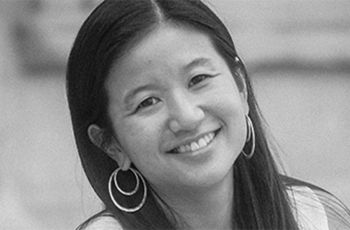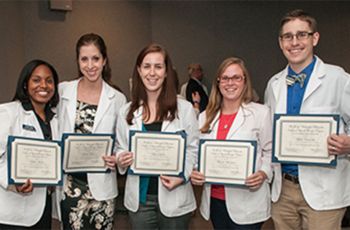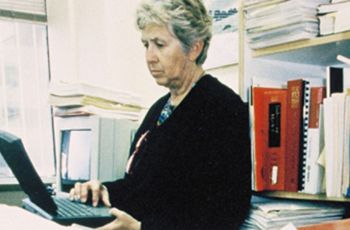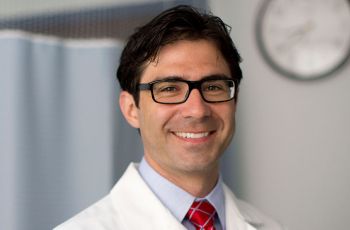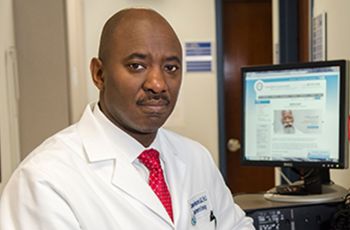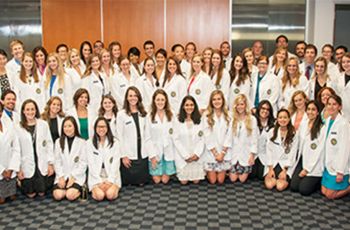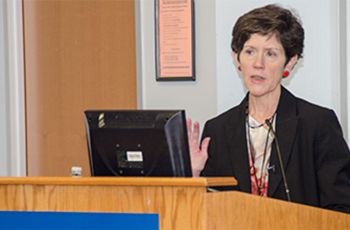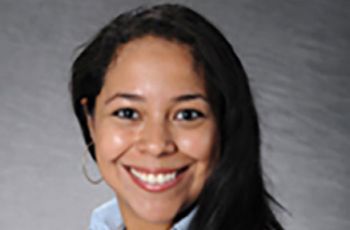News Archive
Victoria Mui, M.D., a PGY3 resident in the OBGYN program, received the 2013 Alpha Omega Alpha Postgraduate Award.
The GW SMHS community gathered to celebrate academic achievements and welcome the new class of students at the 2013 Physical Therapy Excellence Awards and White Coat Ceremony, Oct. 15.
Within most successful researchers there lies a stubborn streak; a flicker of perseverance that lights the way past personal and professional setbacks en route to the next big idea. So it was for Jean L.
The newest member of the Department of Urology at GW’s School of Medicine and Health Sciences (SMHS), Paul Rusilko, D.O., specializes in an area of the field that has long been underrepresented amongst the medical community in Washington, D.C.
Compton Benjamin, M.D., Ph.D., RESD ’09, assistant professor of urology at GW’s School of Medicine and Health Sciences (SMHS), regularly treats patients for everything from kidney, prostate, and testicular cancer to kidney stones and erectile dysfunction.
The Physician Assistant Class of 2015 received their short white coats during a ceremony on Oct. 4.
Nixon recently toured the department’s new laboratory space with Dean Akman.
Elizabeth Tanzi, M.D., clinical instructor of urology, was quoted in a Reuters Health article about a new study on identical twins. The study found that twins who smoke are more likely to get bags under their eyes and wrinkles around their lips earlier than non-smokers.
Carolyn M. Clancy, M.D., shared her perspective on the future of health care quality during the inaugural SMHS Annual Health Care Quality Lecture, Oct. 17.
Jessica Galarraga, M.D., M.P.H., a third-year emergency medicine resident, and Jesse Pines, M.D.,M.B.A, director of the Office for Clinical Practice Innovation and professor of emergency medicine and health policy, were featured in Forbes for their recently published research finding emergency…
